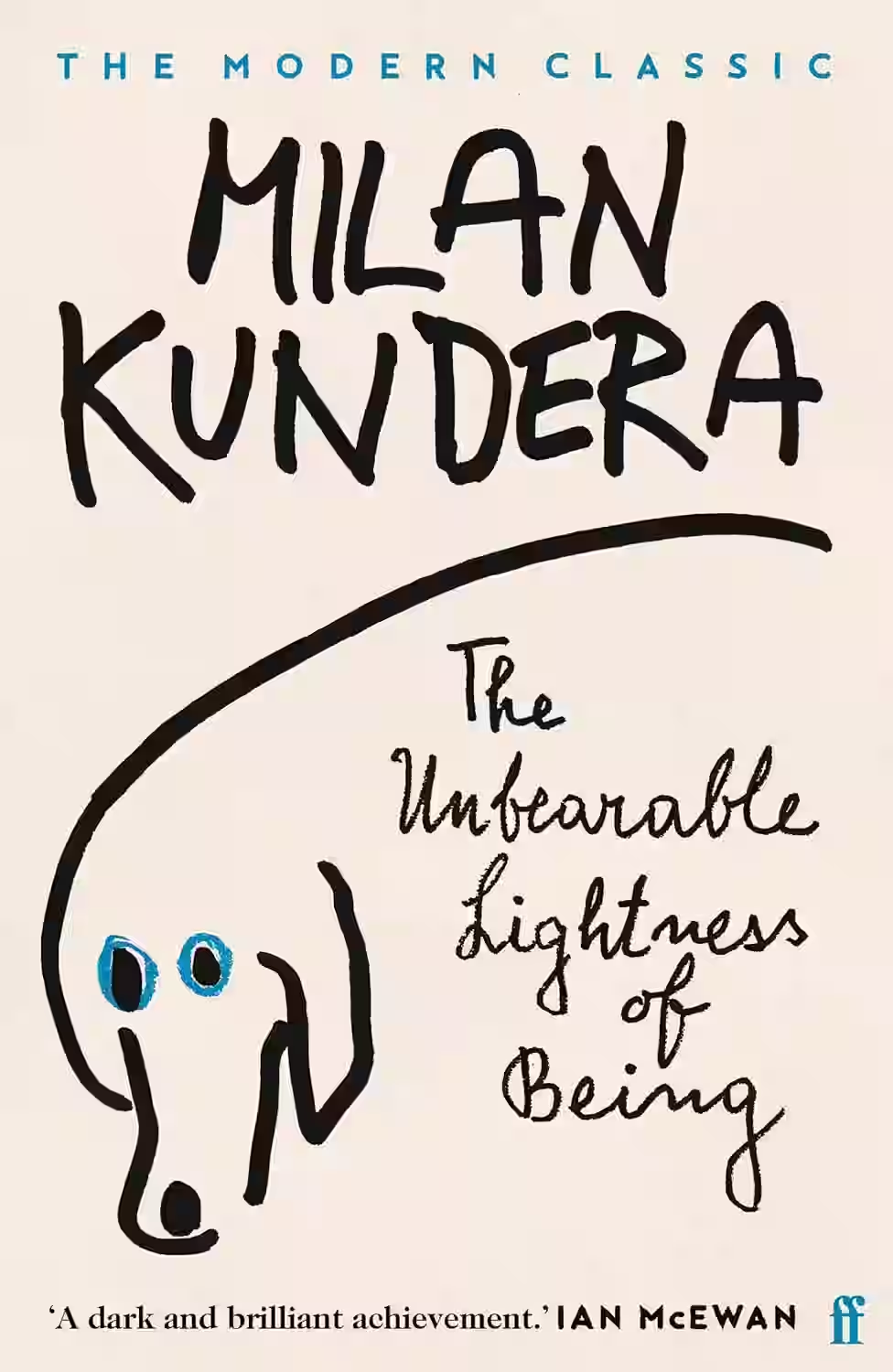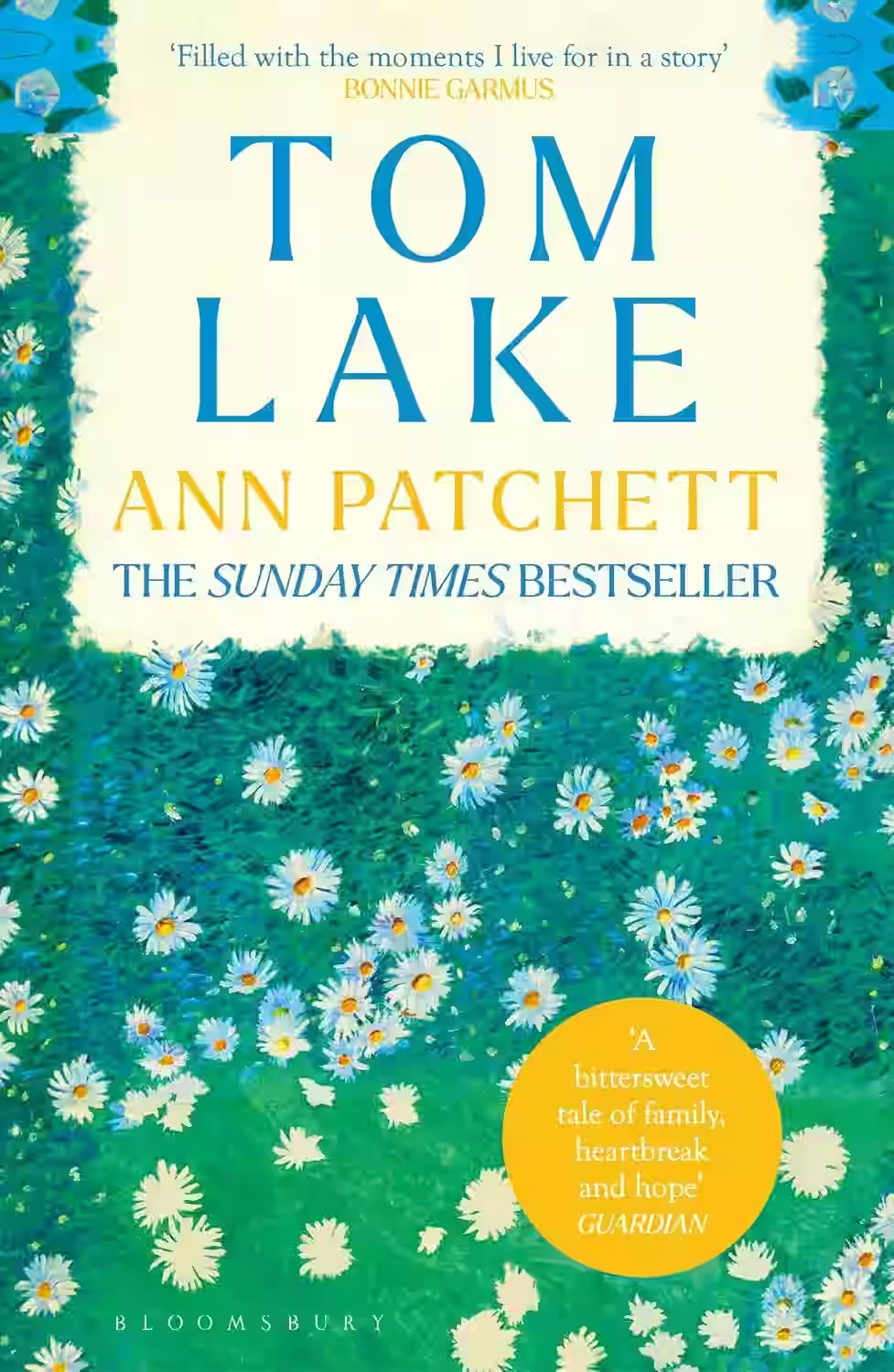
Milan Kundera's 'The Unbearable Lightness of Being' is a philosophical novel that delves into the complexities of love, politics, and existentialism. Set against the backdrop of 1968 Prague Spring, the story follows the intertwined lives of four characters as they navigate relationships, desires, and the weight of their decisions. Kundera explores the concept of 'lightness' and 'heaviness' in life, questioning the meaning and consequences of our actions. Through beautifully crafted prose and thought-provoking ideas, the novel provokes readers to contemplate the nature of existence and the pursuit of authenticity. A timeless masterpiece that leaves a lasting impact on anyone who delves into its pages.
About Milan Kundera
Milan Kundera, a Czech-born writer, was born on April 1, 1929, in Brno, Czechoslovakia. Known for his philosophical and highly innovative novels, Kundera's works often explore themes of memory, identity, love, and politics. His most famous novel, 'The Unbearable Lightness of Being,' published in 1984, is a masterpiece that delves into existential questions amidst the backdrop of the Prague Spring. Kundera's writing style is characterized by its intellectual depth, lyrical prose, and seamless blending of fiction and philosophical musings. His impact on literature extends far beyond his native Czech Republic, with his works being translated into numerous languages and influencing generations of readers and writers worldwide.
Similar Books

Tom Lake
by Ann Patchett
Set against the backdrop of a Michigan cherry orchard during the COVID-19 pandemic, Tom Lake follows Lara as she recounts her youthful romance with a now-famous actor to her three grown daughters. As they harvest fruit, the story weaves past and present, exploring the choices we make, the roads not taken, and the meaning of a life well-lived. Ann Patchett’s luminous novel is a meditation on motherhood, storytelling, and the quiet beauty of ordinary life. Richly atmospheric and emotionally resonant, Tom Lake invites readers to consider how love, memory, and time shape us.

The Cellist of Sarajevo
Set during the siege of Sarajevo in the early 1990s, 'The Cellist of Sarajevo' by Steven Galloway is a poignant exploration of life under siege. The novel interweaves the lives of three characters—Dragan, Kenan, and Arrow—each struggling to preserve their humanity amidst the chaos of war. Their stories orbit around the figure of a cellist, who plays Albinoni's Adagio in the streets to commemorate the lives lost to a mortar attack. Galloway deftly captures the resilience of the human spirit, the impact of art in times of despair, and the simple acts of courage that shine through the shadows of conflict. The book's haunting prose and meditative tone create an indelible reflection on the moral choices faced in brutal circumstances.

The Christie Affair
In 'The Christie Affair' by Nina de Gramont, readers are taken on a riveting journey through the scandalous love affair between famed mystery writer Agatha Christie and a young archaeologist. Set against the backdrop of a tumultuous era, the novel intricately weaves together themes of love, betrayal, and the complexities of relationships. As the affair unfolds, secrets are revealed and loyalties are tested, keeping readers on the edge of their seats. De Gramont's vivid storytelling and rich historical detail bring the characters to life, making this a compelling read for fans of historical fiction and literary dramas.

The Razor's Edge
In W. Somerset Maugham's classic novel "The Razor's Edge," readers are taken on a journey following the life of Larry Darrell, a World War I veteran in search of meaning and truth. The story delves into themes of spiritual enlightenment, personal growth, and the pursuit of one's essence. Through vibrant characters and rich narration, Maugham skillfully weaves a narrative that explores the societal constraints of the time and the individual quest for authenticity. Set against the backdrop of post-war uncertainty, the novel paints a poignant picture of self-discovery and the different paths one may take in the pursuit of happiness and fulfillment.